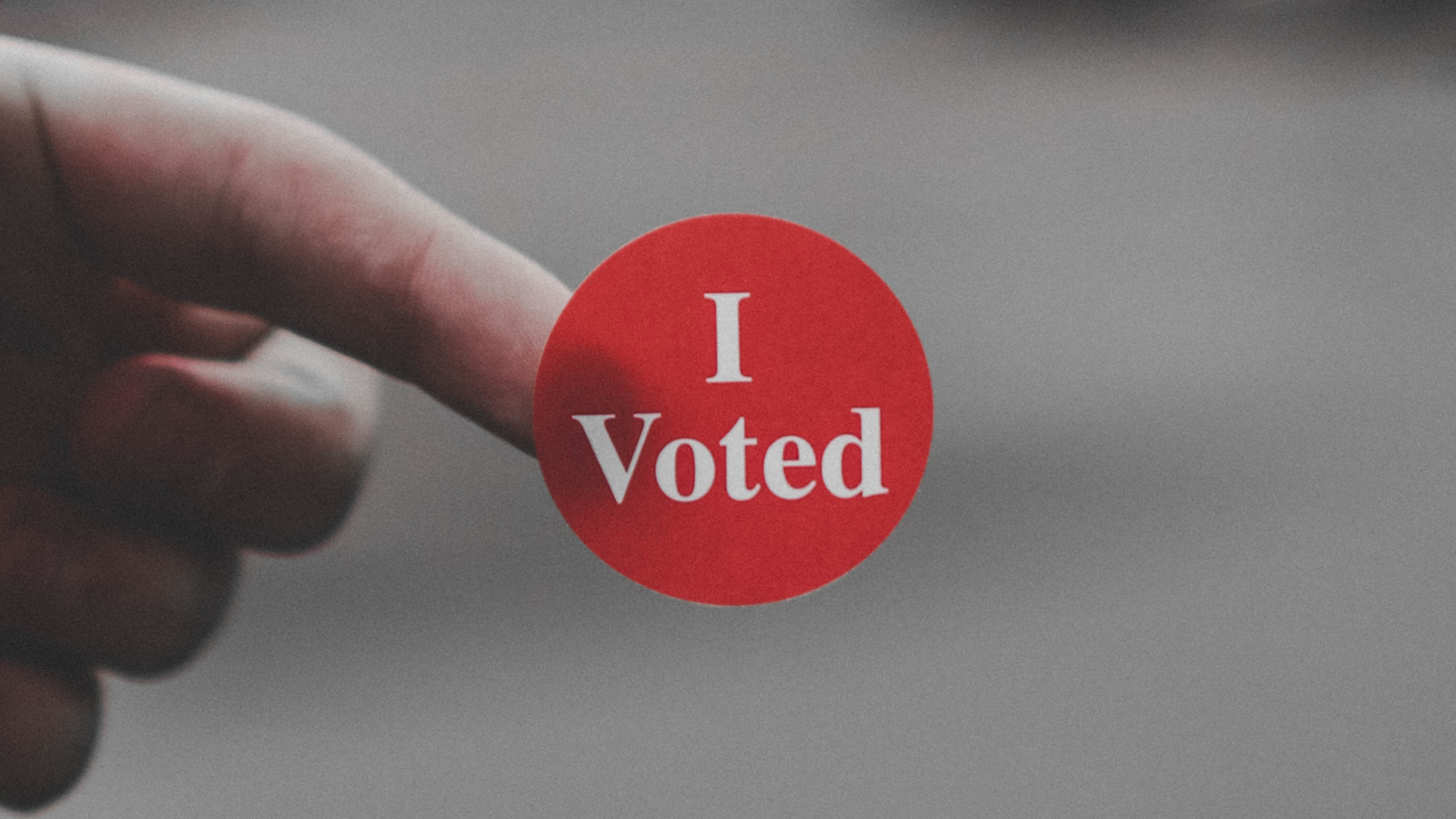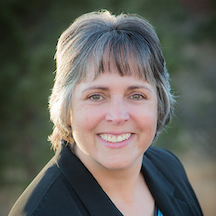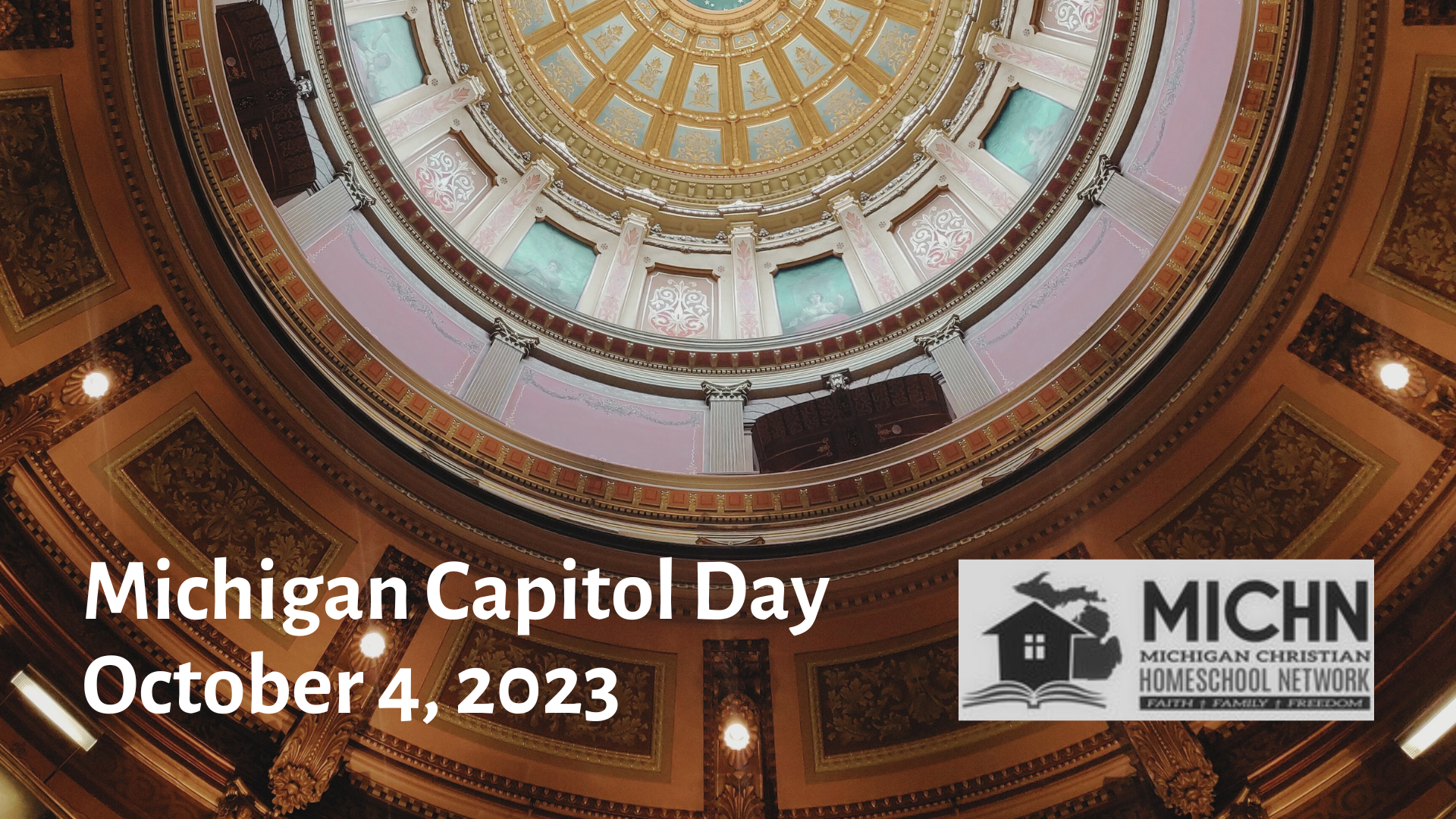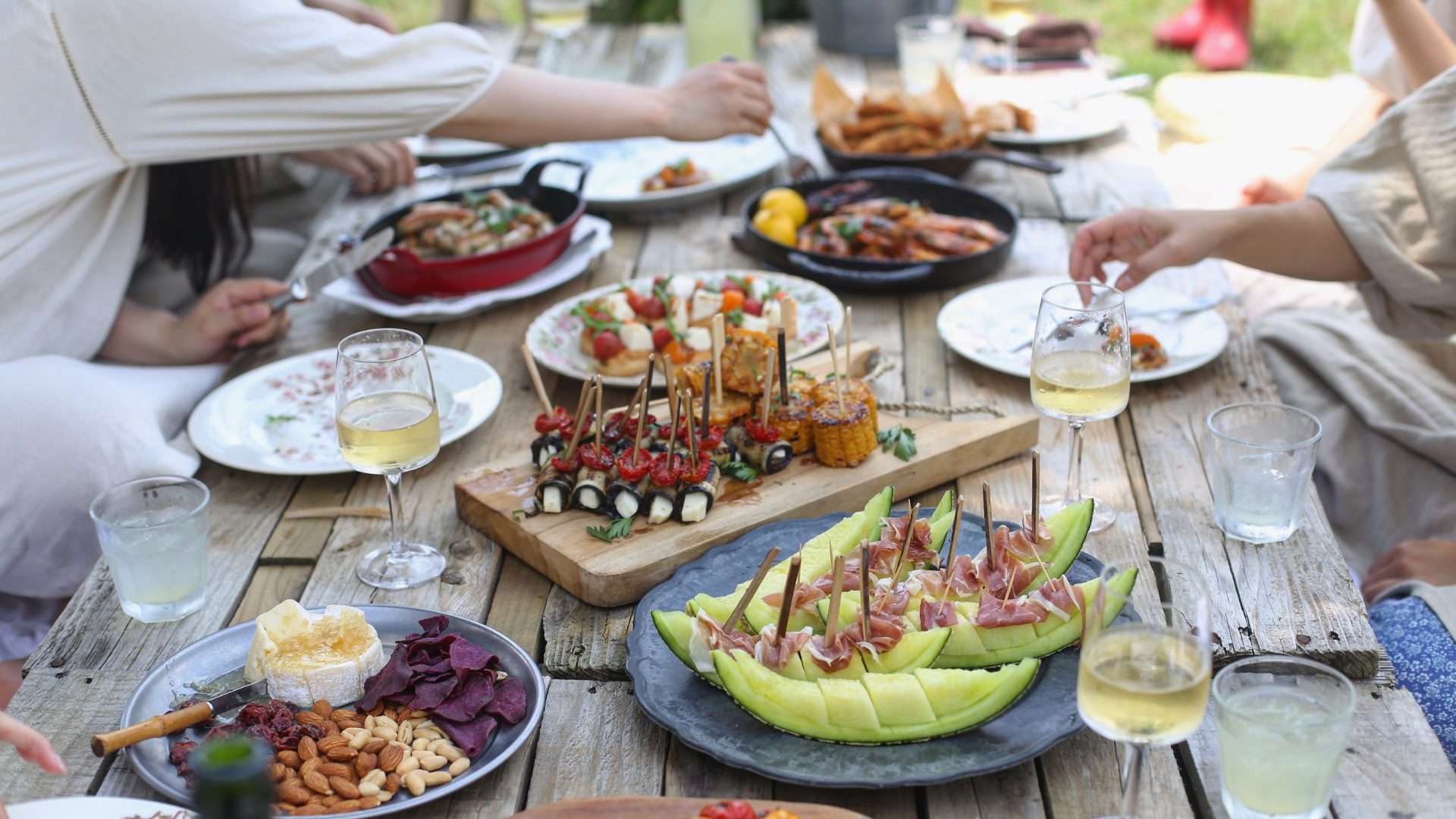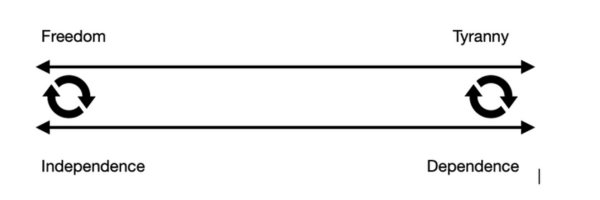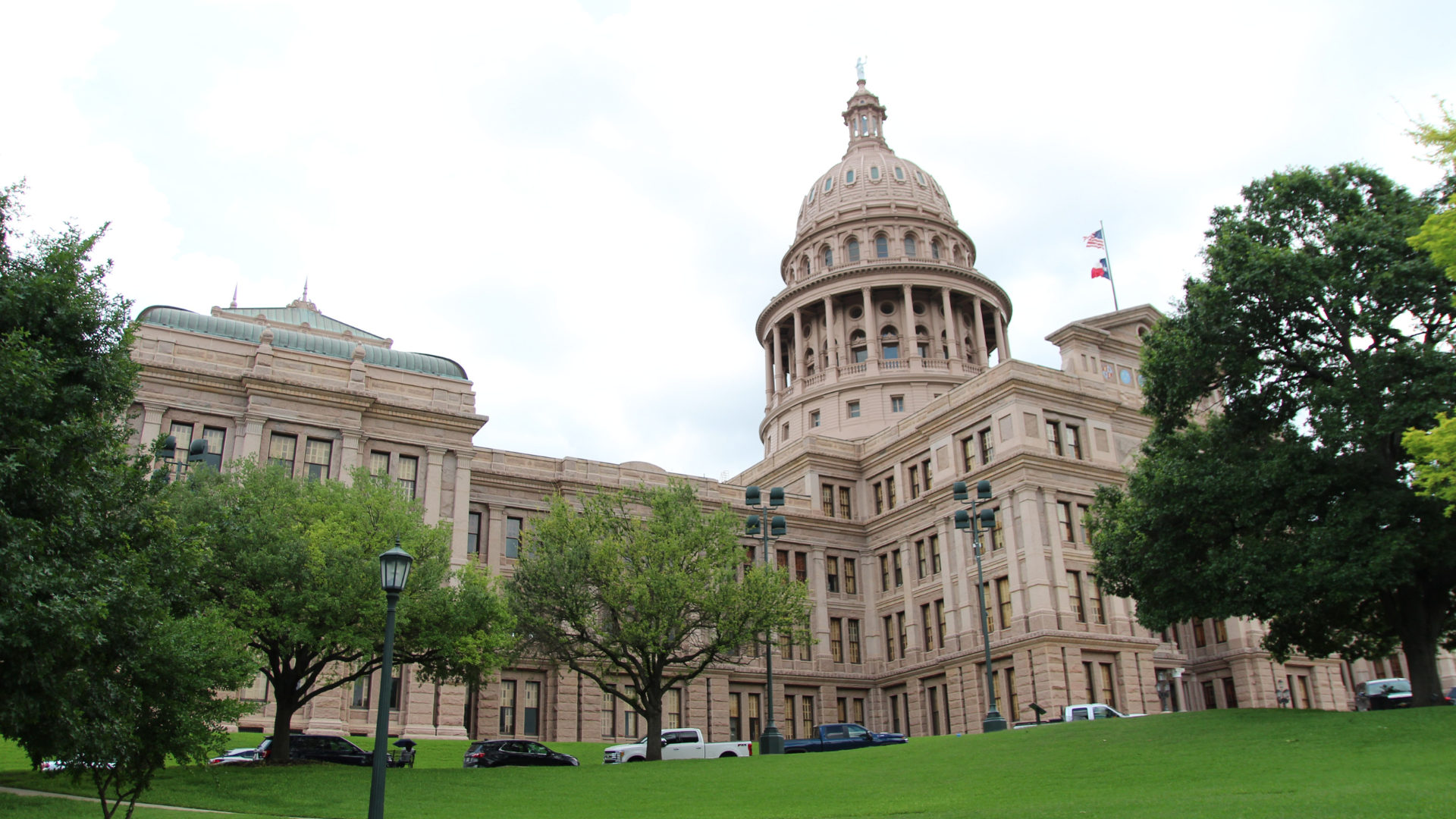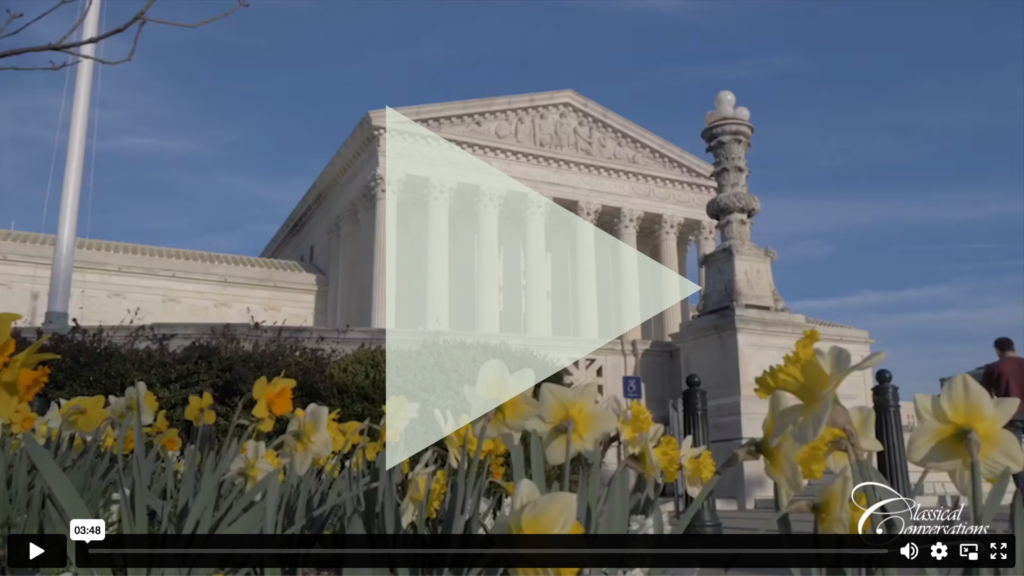By Lauren Gideon
A few people have asked for my recommendations for upcoming school board seats up for election. I know of some good people running, and I will give you their names in a heartbeat because I have much respect for them. However, in the spirit of full disclosure, I am convinced that school board elections are a waste of good people, time, and resources in the year 2023.
State School Snare: Incapable of Giving You the Tools Needed to Flourish
Government schools are captured on so many levels. Unfortunately, there is little chance for reform. Even if you gave the necessary people, time, and resources to the cause, the reality is that liberating education is not in a growing government’s best interest. An education that teaches the proper affection toward liberty and a proper fear of consolidated power would threaten a growing government; thus, the state schools are incapable of giving you the tools needed to flourish. The government will use its schools to propagate the expansion of itself. (This we can already see.) At this rate, how many graduating classes currently stand between where we are at now and implementing and embracing absolute socialism?
The only mechanism to stop the suppression of liberty is to defund state education and the Department of Education. However, the moment you say that out loud, you had better expect a very loud and in-your-face question from an unimaginative population that screams, “BUT WHAT WILL WE DO WITHOUT STATE EDUCATION?!?”
Well, the first reality is that in the state of Iowa, where I live, $3.7 billion (thanks to the latest increase due to school choice policies) will flood back into the Iowa free-market education economy. Consequently, all sorts of options become possible.
Unsatisfied, the same doubters will insist that Iowans will not fund education through any other method than coercive taxation.
This also is no cause for alarm since, historically speaking, the free market has the potential to offer a higher quality education for less than 50 percent of the cost of government education.
Self-Fund or Secure Private Funding for Education?
But the ultimate concerns from skeptics will sound something like this: “What will happen if parents won’t self-fund or secure private funding for their children’s education? Will we end up with a population of uneducated children that will be a liability to our state? Consequently, it must be in our state’s best interest to fund and force government education on children.”
This question is powerful because it shows the true colors of our culture and reveals our flawed presumptions:
1. We presume that the state cares more for children than their parents.
2. We presume that the state is responsible for parental failures.
3. Finally, we reveal that we would rather trust our mechanisms of control than embrace the responsibility of freedom.
Because of this reality, the economics of the issue do not really matter.
Freedom Is a Dangerous Currency
Freedom is an invitation to responsibility, but it allows for the opportunity to embrace or reject that responsibility. Freedom does not protect from failure. The question has to be asked: do our states even want freedom? Does our nation? The Proverbs speak of two women, Lady Folly and Lady Wisdom, and the choice to be made. Similarly, in our modern context, there are also two women: Lady Liberty and the Lady “Nanny.” This choice is more fundamental than any political party, as the siren call from Lady Nanny beckons all. She whispers empty promises of safety and security and blinds us to the opportunity and blessings found with Lady Liberty.
Vote for Liberty
When election day arrives, there will be choices. Step one is to vote for candidates that are appropriately shutting out the Nanny’s calls. Step two, after election day, will you build relationships in your community and with those that represent you? Will you advocate for Liberty and warn against the deceptive promises of the Nanny?

Lauren Gideon is the Director of Public Relations for Classical Conversations. She co-leads and teaches through an organization committed to raising citizenship IQ on U.S. founding documents. She and her husband homeschool their seven children on their small acreage, where they are enjoying their new adventures in homesteading.
